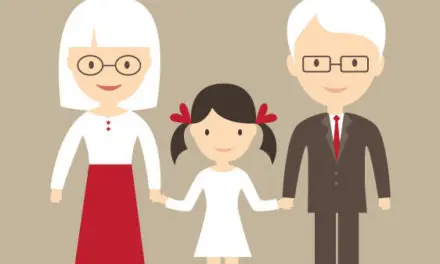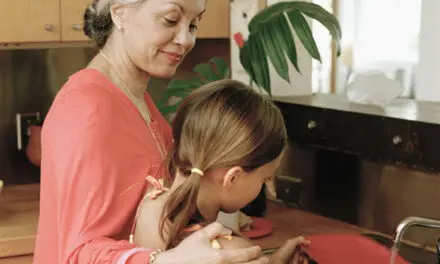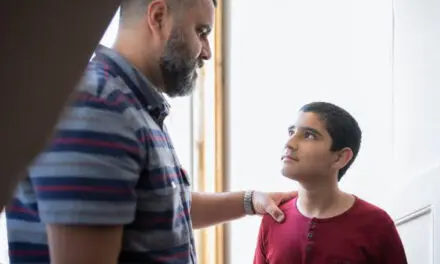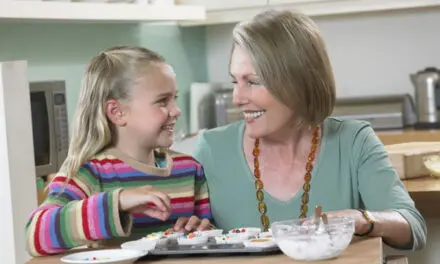by Dr. Ken Canfield
This may seem obvious to many of us, but sometimes obvious things are merely head knowledge and don’t always become actions. And the simple practice of showing appreciation to our grandkids should be a regular occurrence whenever we’re with them. Maybe we think we’re being positive and encouraging, but those around us don’t always get the message we think we’re sending.
Appreciation has been known for decades to be a characteristic of a healthy household. Social scientists and scholars note that the regular practice of expressing appreciation in a family distinguishes them as a “strong family.” And of course it has similar benefits applied to extended family relationships.
So, here are three tips for showing appreciation to your grandkids. And I hope you’ll use these and expand on them and find many more ways to convey positive emotions to your grands. There’s nothing quite like building strong emotional bonds with them.
Make It a Planned Event
Sure, some good things just happen in the course of interacting with them, but isn’t this important enough to make sure you follow through? One great idea is to reflect on each of your grandkids when you’re not with them. Make a list of positive qualities and behaviors that you’ve observed. The simple act of thinking about those strengths and writing them down will help to burn them into your brain a little bit. Keep looking over that list and adding to it, and then draw from it when you have opportunities to be with your grandkids.
Don’t we plan and prepare what we’re going to wear and eat and do most days? Why wouldn’t we plan to have an appreciation and gratitude list handy and ready for review when “God’s little people” come for a visit? Seriously, at our age, our memory is fading—both short and long term—so writing those positive elements down is a way to make sure they become reality in our efforts to affirm and bless our grandkids, and make that regular affirmation part of the legacy we leave to them.
Be Specific
When expressing appreciation, go beyond general qualities. You might say to your granddaughter:
“I appreciate the way you care for your sister.”
“I appreciate your smile.”
“I admire your decisive thinking.”
Your grandchild will beam with joy when she knows that you’re watching her, noticing her character qualities, and that you really care.
Use the Power of Story
Since grandparents embody family history, that gives us a unique role compared to other family members. For example, we can tell about how a grandchild’s entrance into the family was a sacred event, and in that context express a deep appreciation and gratitude for their personality, achievements and virtues.
Of course there are spontaneous ways to show appreciation, but when you add history and depth to the spontaneous, it becomes more powerful. These stories can last a minute or two—and it’s probably best not to make them too long—but here are some brief examples:
“When I was a child, I didn’t get along with my sister, and it moves my heart to see you care for your sister the way you do.”
“Growing up, my dad was always smiling, and when I saw him it made me smile too. When I see you smile, it reminds me of my dad.”
“I can see in your eyes you are always thinking. You are so tuned in to what’s going on. I wish I was as in tune as you are. When I was growing up, I was kind of spacey.”
When a grandparent shares a story, action or characteristic which demonstrates they know something important, and when a grandchild hears they are part of the narrative, it lights up a portion of their brain and creates a benchmark for future reference. Neurologists and the new field of neuropsychology confirm this.
Showing appreciation and telling stories that link your grandchildren to the experience helps them develop a sense of gratitude. And in the long term, both gratitude and appreciation open the door to trust and transparency, which are key facets of an emotionally connected life.
What would you add? How do you show appreciation for your grandkids? Join with other grandparents and learn from each other on our Facebook page.
Showing appreciation and gratitude is one of the main points in Dr. Ken’s longer article about meeting our grandkids’ emotional needs. Read more here.





